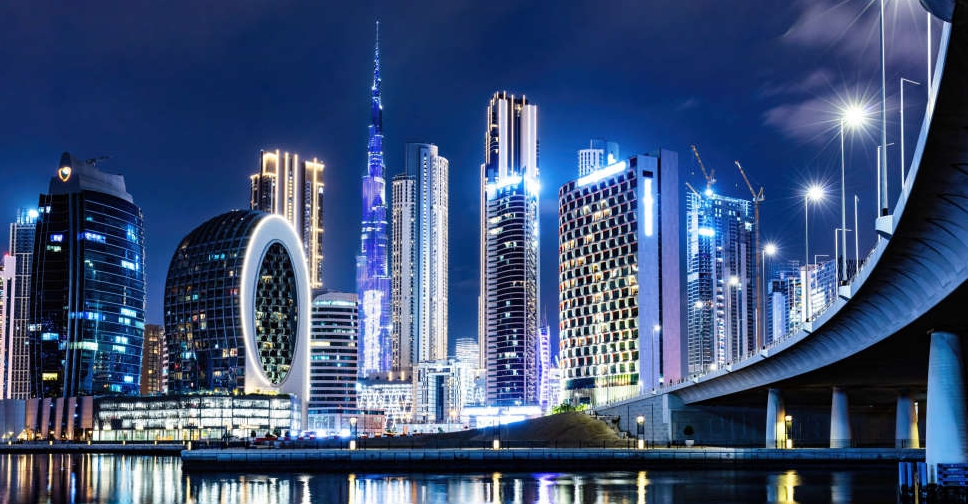
Dubai and Abu Dhabi have moved up in the rankings for the world's most expensive cities for international employees.
According to the consulting firm Mercer's 2023 Cost of Living Survey, Dubai climbed 13 places to 18th on the list while Abu Dhabi jumped 18 places to 43rd position.
With rent increases averaging 25 per cent, Dubai is the second city in the survey after Singapore (50 per cent) where the rental cost has had a significant impact on the ranking.
By contrast, the impact of housing movement has been notably lower in Abu Dhabi, where the change ranges between 6-8 per cent and in some areas remains the same as last year.
Outside of the rental increases, the survey has identified an increase in the cost of living in other categories in both Dubai and Abu Dhabi.
For instance, the cost of food in supermarkets has risen by up to 11 per cent, transportation by 4 per cent, and sports and leisure by 5 per cent.
Commenting on the survey findings, Vladimir Vrzhovski, Financial Services and Technology Industries Lead at Mercer Middle East, said: "Employers in the UAE are taking note of these changes. Our research indicates that organizations have provided an average of 4.2% annual merit increase in 2023."
"Many of them are reviewing their remuneration packages, with a growing number increasing bonuses instead of increasing base salaries to increase the total compensation without long term commitment. Our research shows that as a response, 40% of the surveyed organizations have reviewed their 2023 policies by increasing their housing allowances on average by 5-10% based on the career level," he added.
Despite climbing in the rankings, the UAE's relative cost of living remains competitive when compared with major global cities.
Factors such as inflation, exchange rate fluctuations, and housing costs contribute to these changes. The UAE has been proactive in managing these issues, reflecting its strong economic resilience.
Overall, Hong Kong retains its position as the most expensive city for expatriates, followed by Singapore, while Tel Aviv (8th overall) remains the costliest city for international employees in the Middle East region.
This year’s survey includes 227 cities across five continents and measures the comparative cost of more than 200 items in each location, including housing, transportation, food, clothing, household goods, and entertainment.



 UK's Jaguar Land Rover to halt US shipments over tariffs
UK's Jaguar Land Rover to halt US shipments over tariffs
 US starts collecting Trump's new 10% tariff
US starts collecting Trump's new 10% tariff
 Nasdaq set to confirm bear market as Trump tariffs trigger recession fears
Nasdaq set to confirm bear market as Trump tariffs trigger recession fears
 Dana Gas and Crescent Petroleum exceed 500M boe in Khor Mor field
Dana Gas and Crescent Petroleum exceed 500M boe in Khor Mor field



